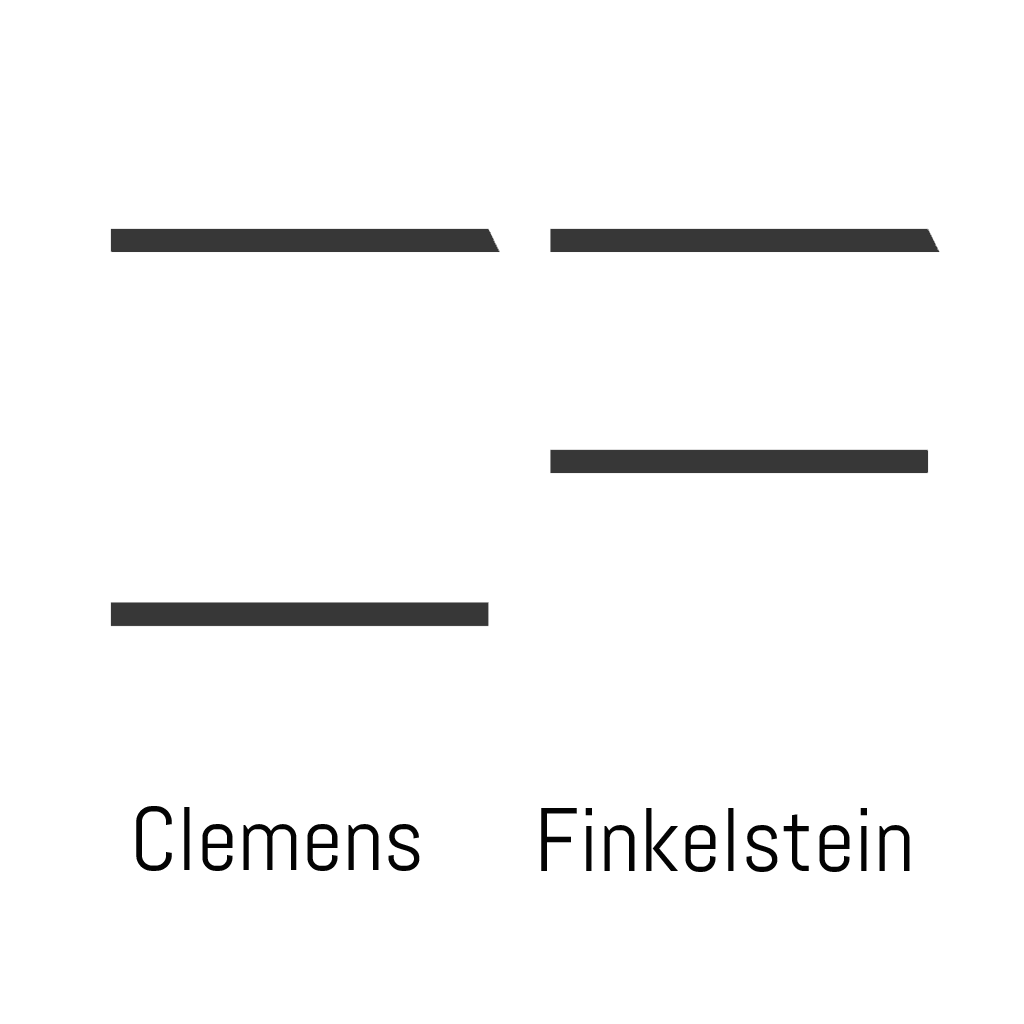
Roots to Skylines:
Hybrid Labor and Planetary Building
Conference Session | SAH 2025 Atlanta | April 30 - May 4
Society of Architectural Historians — Annual International Conference
Amid interconnected ecological and sociopolitical tipping points, the architectural and spatial sciences progressively embrace a shift toward hybridity. Marked by experimental alliances with atmospheric phenomena, biological entities, or geological processes, hybrid practices seek to stabilize planetary environments by addressing the disequilibrium of Earth’s metabolic systems. Departing from modernist extraction paradigms, adaptive design moves beyond buildings integrated into landscapes to structures that actively process, respond to, and engineer planetary systems. From albedo modification to geoengineering for carbon sequestration to landscapes that remediate contaminated soil, the spectrum of possibilities is vast, encompassing a discourse historically ranging from pre-architectural dwelling to architecture’s postcolonial legacies.
We invite papers that explore the dialogue between human-made structures and planetary forces. Embracing Indigenous epistemologies, situated knowledges, or activism, contributors are encouraged to present emblematic case studies, institutions, or buildings illuminating historical moments where architecture and landscape converged toward a truly “planetary” (Gabrys) understanding. Whether examining the resilience of Mayan agroecological landscape design or futuristic infra-architectural concepts for data centers in extreme climates, submissions should reflect a nuanced grasp of the evolving relationship between the built environment and the planetary.
Departing from the conventional view of the material world as a mere resource for extraction, this panel seeks to challenge the modernist dictum that shackles the Earth in service to humanity, capital, and construction. Contributors are encouraged to reconceptualize ecopolitical relationships towards hybrid labor (Battistoni) and collaborative engagement with the more-than-human. Papers exploring human and more-than-humans’ co-constitutive labor in the built environment and historical narratives of such collaborations are particularly welcomed. Submissions are anticipated to contribute to a rich tapestry of perspectives that deepen our understanding of the evolving dynamics between the built environment and the planetary, fostering a holistic discourse within the spatial disciplines—encompassing landscape, architecture, planning, and beyond.
Session Co-Chairs
Clemens Finkelstein & Sonia Sobrino Ralston
Papers
Anirudh Gurumoorthy (University of California Los Angeles, USA)
Juan Villalón Hernando (ETH Zurich, Switzerland)
Tairan An (Princeton University, USA)
Lina Malfona (University of Pisa, Italy)
Katarzyna Balug (Florida International University, USA)

